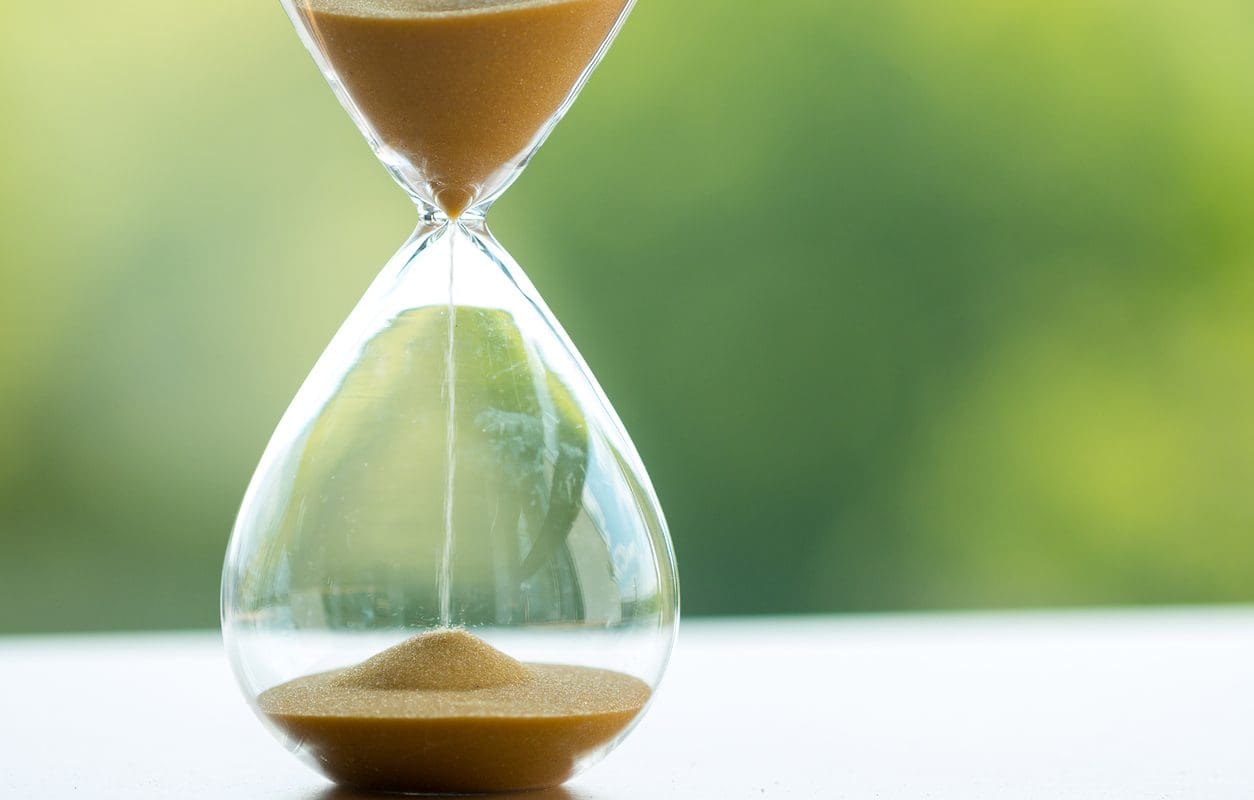
How Important Is Time Management?
The answer to this question is: very important. If you cannot manage your own time, how can you expect to manage anything else? People who get things done do not drift along in a fog, hoping that issues and goals will take care of themselves. They realise that their time is one of their most important resources and use it accordingly. Good time management is about getting stuff done. So here’s how to make that happen.
How to Get a Grip on Where Your Time Goes
Many people believe that there is never enough time to get all the things they need to do done. Time is not going to change, so essentially you need to become more efficient. A vital first step is to get a journal or a diary and record everything you do: talking with people, watching TV, going out, errands – all of it. By doing this you will a much better idea of where your time goes and what leads to productive thoughts and actions.
How to Get the Important Stuff Done
Discipline will help here. From your journal you will now know what you do that leads to the greatest productivity. Hopefully, you should also know what is essential to your life. Get a diary and make appointments you have to keep to get these things done. You can even create appointments for strategic thinking, being creative or doing research. If it needs to happen, book it in, and then stick to the schedule. When booking your time, consider that at least half of it should be spent doing activities that generate most of your productivity. If it is not important, and it is not yielding results, then why are you doing it? It is probably time to eliminate activities that fall into that category from your life. It is also a good idea to slot in some downtime when you can relax, chat to friends and do things that are simply fun.
How to Gain Focus
Do not allow yourself to be distracted. Just because the phone is ringing, it does not mean you have to answer it right that second. The same with emails and social media. Just because someone has sent you a link to a kitten playing with a cucumber, it does not mean you have to watch it right then and respond in the next 30 seconds. This is something you can do in the downtime that should be planned in your diary. Otherwise sensible people can waste hours every day responding to emails and social media alerts that are of very little long-term importance.
Important: Having a Daily Plan
Many high-achievers spend the first half hour or so of each new working day making a plan of how they will spend their time and making sure they keep the commitments they have to others and themselves. In the free time they have, they plan tasks, meetings and phone calls, along with what they hope to achieve from these activities. You wouldn’t throw money away, so don’t throw your time away either. After each activity consider whether the goal was reached, and if not, then decide what needed to happen to reach it. Plough that knowledge into the next task.